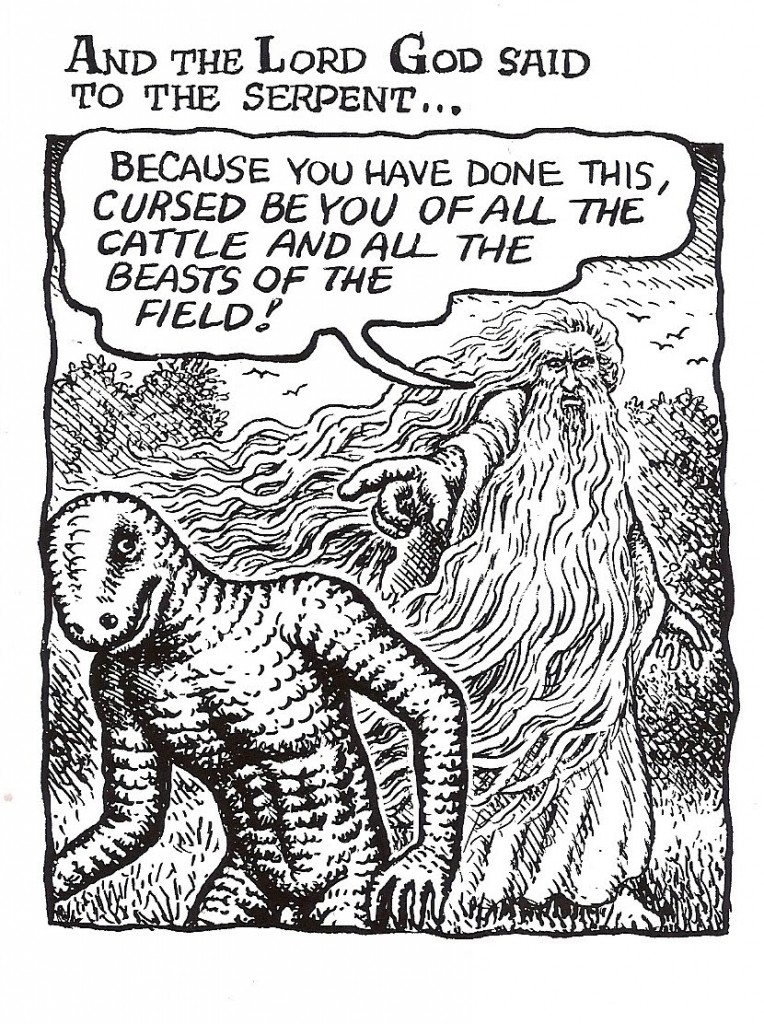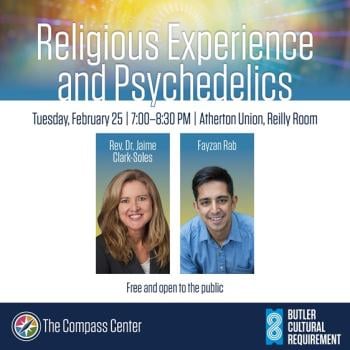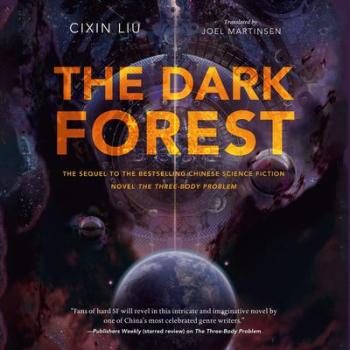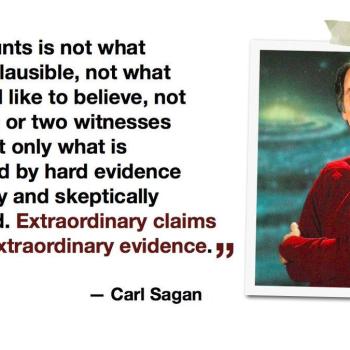Historically, there have been a variety of explanations for the way things are. Most of a culture’s stories along these lines could be prefaced with “Some say,” with an implicit “Others say” in view.
We see a reflection of this in the Bible, with its variant creation stories, its variant stories of how David and Saul met, and on and on throughout the Hebrew Bible and the New Testament.
It was with the rise of the modern sciences and the era of Enlightenment that it began to become possible to offer definitive answers to certain kinds of questions.
 A definitive answer to the question of snake evolution leaves the story in Genesis, about losing legs by divine curse, in a status that is ambiguous, no longer one story among many, but one whose factuality is now questioned.
A definitive answer to the question of snake evolution leaves the story in Genesis, about losing legs by divine curse, in a status that is ambiguous, no longer one story among many, but one whose factuality is now questioned.
Religion responded by trying to claim that it too could offer a definitive answer, and a better one than the natural sciences could.
But that has left religion always on the defensive, for there is no way to take the multiplicity of stories in the Bible and turn them persuasively into a single definitive answer to a question.
What should be done in response to this? Some say that the answer is to simply dig in and stand one’s ground. But others say that religion should accept when science offers a clear factual answer to a topic, and that religion should take the opportunity to press further the boundaries of our understanding, to ride the wave of progress in knowledge, and join in the actual conversations that can meaningfully happen in our own scientific context.
Because there are still plenty of areas in which definitive answers are lacking, and in which creative possibilities – which may or may not be proven right over time – can help contribute to human reflection, meaning-making, and worldview-building.
That’s what I say. What do you say?












